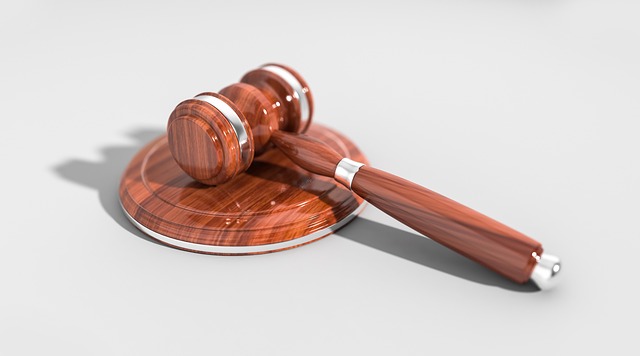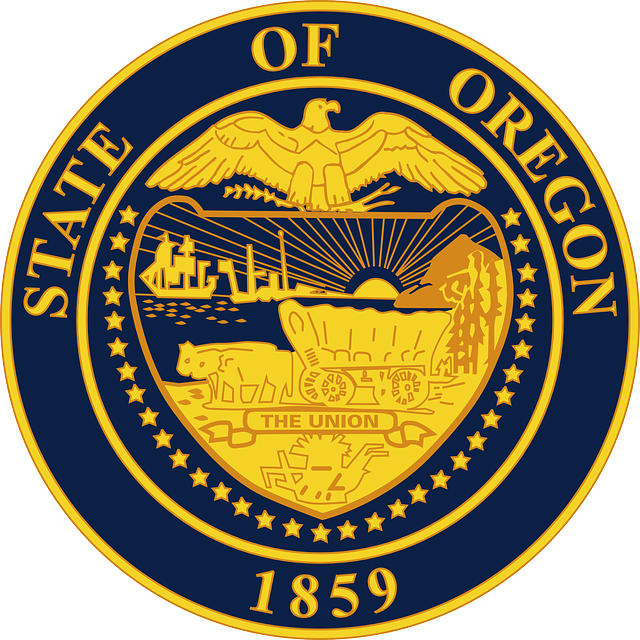Oregon's robust child welfare laws prioritize minor safety and well-being, governed by the Department of Human Services (DHS). These laws dictate strict reporting of suspected abuse or neglect, thorough investigations, and clear criteria for removing children from their homes. Both parents and children have defined legal rights, with outcomes favoring fair and just resolutions. Alternative placements, foster care, and adoption are considered while maintaining the child's best interests. Understanding these Oregon DHS statutes is vital for informed decision-making by families navigating juvenile services.
“Uncovering the Foundation of Oregon’s Child Welfare System: A Comprehensive Guide is essential for all parents, guardians, and legal professionals. This article delves into the intricate web of Oregon child welfare laws, offering a detailed overview that demystifies this critical aspect of family law. From understanding parental rights and DHS involvement to navigating the procedural steps and key regulations, we provide essential insights. By exploring these elements, readers will gain a clearer view of how these policies shape the well-being of children across the state.”
- Understanding Oregon Child Welfare Laws: An Overview
- Legal Rights and Responsibilities of Parents/Guardians
- The Role of the Oregon Department of Human Services (DHS)
- Procedural Steps in Child Welfare Cases
- Navigating Statutes: Key DHS Regulations and Their Impact
Understanding Oregon Child Welfare Laws: An Overview

Understanding Oregon Child Welfare Laws: An Overview
Oregon has comprehensive child welfare laws designed to protect and nurture children within the state. These policies are guided by the overarching goal of ensuring the safety, health, and well-being of all minors. The Oregon Department of Human Services (DHS) plays a pivotal role in implementing these laws, overseeing various aspects of child protection, placement, and support services. Key elements of Oregon child welfare laws include strict guidelines for reporting suspected child abuse or neglect, robust procedures for conducting investigations, and clear criteria for removing children from their homes.
Navigating Oregon’s child welfare laws involves understanding the legal rights of both children and parents/guardians. The statutes detail the responsibilities of DHS and the court system in ensuring fair and just outcomes. Parents are entitled to legal representation, an opportunity to be heard, and certain protections during investigations and any subsequent proceedings. Moreover, these laws establish a framework for alternative placements, foster care services, and permanent solutions like adoption or guardianship, all while maintaining the best interests of the child as the primary consideration.
Legal Rights and Responsibilities of Parents/Guardians

The Role of the Oregon Department of Human Services (DHS)

The Oregon Department of Human Services (DHS) plays a pivotal role in implementing and upholding Oregon child welfare laws. As the primary state agency responsible for child welfare services, DHS is tasked with ensuring the safety, protection, and well-being of children within Oregon. Its comprehensive mandate includes investigating reports of child abuse or neglect, providing supportive services to families, and, when necessary, placing children in safe, permanent homes.
DHS operates under a set of statutes and policies that guide its operations and decisions regarding child welfare. These laws outline the legal rights of both children and parents, as well as the obligations of DHS workers. Navigating these Oregon child welfare laws is crucial for all stakeholders to ensure fair and just outcomes for vulnerable youth while upholding their legal protections.
Procedural Steps in Child Welfare Cases

Navigating Statutes: Key DHS Regulations and Their Impact

